
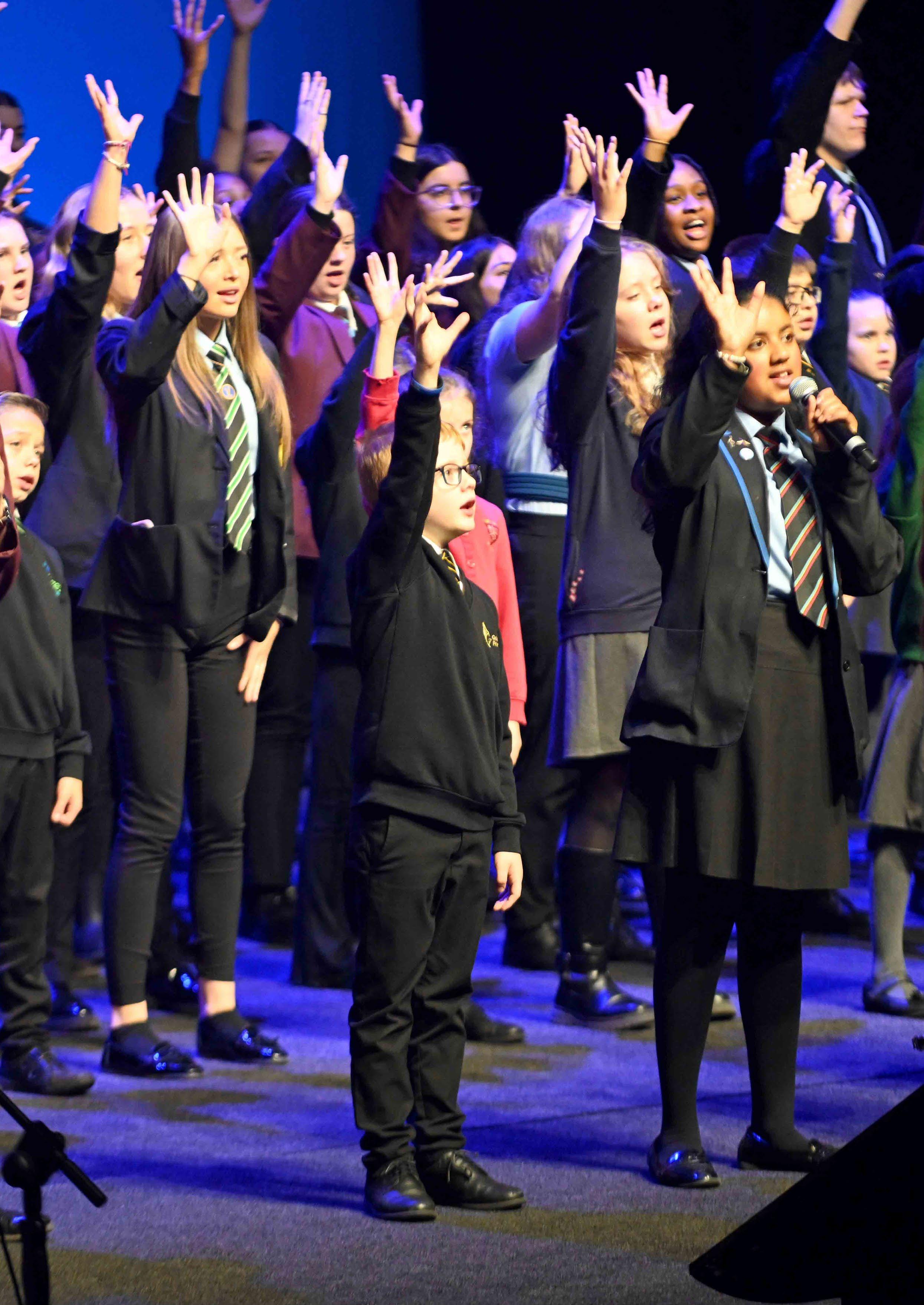






Our mission:
At Windsor Academy Trust our moral purpose is to “unlock the academic and personal potential” of all our students.
is Personal Potential?
Personal potential is the potential that every one of our children have to be all and more than they ever thought they could be. It is about developing children’s self-belief, character and enabling them to find and discover their passions and interests.
When young people discover their passions, it helps them to discover their purpose.
What do we mean by ‘unlocking’ Personal Potential?
Unlocking Personal Potential is our drive to build character, self worth and success that leads to a sense of belonging in our schools and their communities.
Why does unlocking Personal Potential matter to us?
We believe that every student has the capacity to thrive personally, in their school, in their community and globally. Schools have a role in unlocking this untapped potential to develop students personally as well as academically.
We want our students to:
• become more than they ever thought they could be;
• find their passion and find their purpose;
• ASPIRE high and dream big.
As our CEO, Dawn Haywood, explains:
“We offer all our young people a wide range of experiences that “lights a fire” and ignites a passion in our students. If students find their passion they will find their purpose.”
This allows our students to develop their talents, become experts, grow leadership skills that will support them in future life, or in turn, to become a civic ambassador within their community.
As Valerie Hannon aptly reminds us:
“It’s a complete fallacy to imagine the classroom as the only place where learning happens Learning can happen powerfully in lots of other spaces.”

At Windsor Academy Trust we are research and insight informed when developing our set plays.
Research suggests that we can best unlock Personal Potential through six components and six enablers:
Having clear strategies and the highest aspirations for developing personal potential and character.
Offering activities and experiences for students to develop their:
• High aspirations and character development
• Participation in personal potential activities and experiences
• Performance and competition
• Leadership
• Cultural capital, civic commitment and volunteering
• Talents and skills
• A strong curriculum
• Developing enrichment opportunities that create equity in participation:
• opportunities that all students take part in
• opportunities that are funded
• opportunities that students feel are valuable
• Tracking student participation
• Identification of talent
• Recognising and celebrating student participation and success
• Developing powerful partnerships
Our set play has been developed with this in mind.

This diagram represents our work and approach to maximising personal potential.
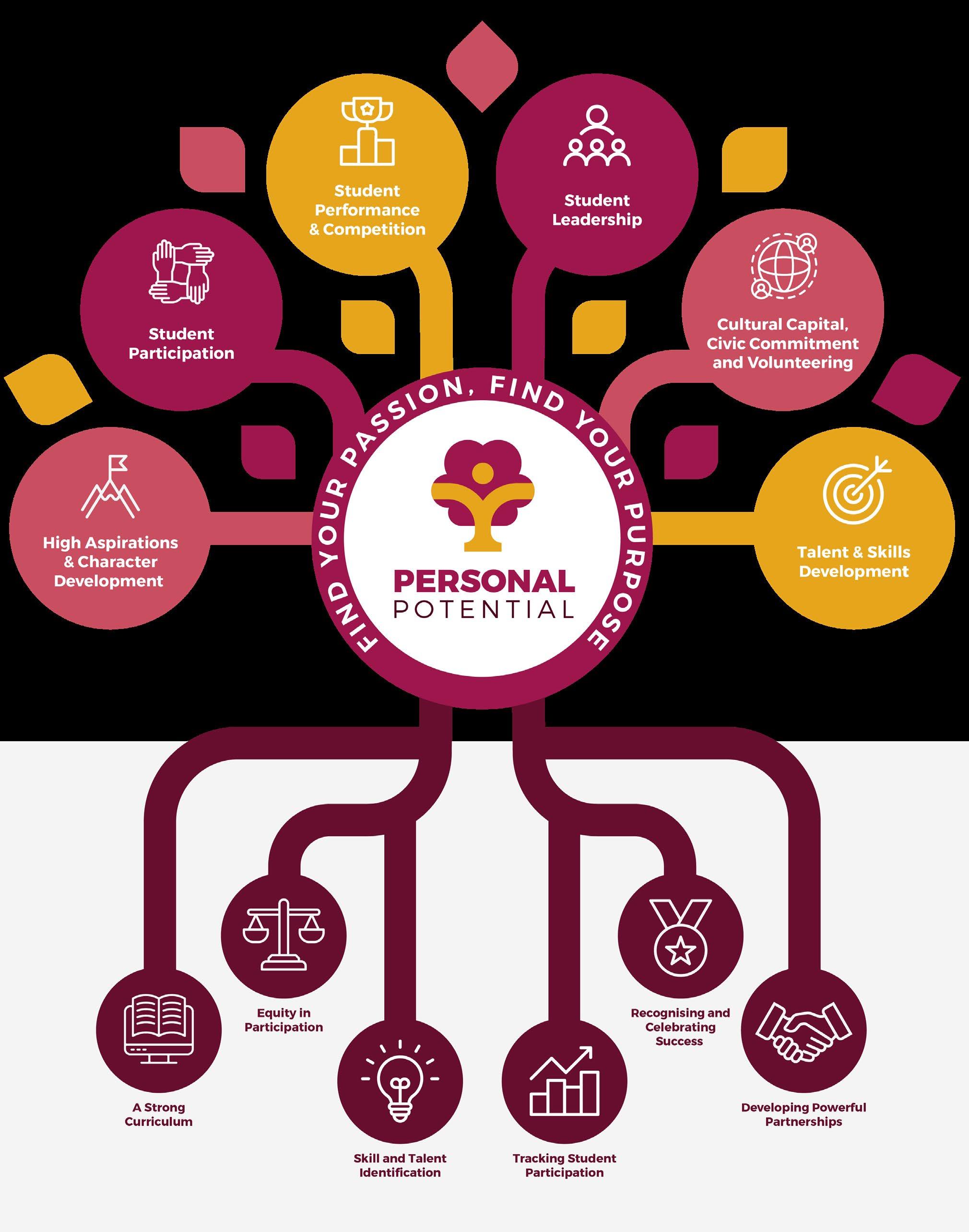
Component Drivers
High aspirations and character development
Student participation
Student performance and competition

Student leadership
An ASPIRE mountain that stimulates ASPIRE sentences defining what and who our students want to be and a database of dreams that captures our students aspirations for the future.
A rich and diverse extra curricular programme that allows all students to engage in.
Competition and performance opportunities supported by specialist staff, local and national partnerships, House systems and WAT performance directors
“Growing tomorrow’s leaders today, always and in all ways” There are opportunities for students to lead in all our schools including our School Senates and other leadership roles, Our student leadership database that demonstrates the many pathways available in our schools.
Rationale/ Examples
Rationale and example
Rationale and example
Rationale and example
Rationale and example
Cultural capital, civic commitment and volunteering
Talent and skills
This consists of a WAT pledge including trips and visits and planned opportunities that promise to offer and expose all our students to a set of experiences that develop our students’ cultural capital. Many of our students demonstrate civic commitment through volunteering in their local community.
Processes that recognise and identifies children’s talent and strategies that grow them and signpost them to partners
Rationale and example
Primary
Rationale and example
• Secondary
Rationale and example

• A strong curriculum
• Developing enrichment opportunities that create equity in participation:
• opportunities that all students take part in
• opportunities that are funded
• opportunities that students feel are valuable
• Tracking student participation
• Robust tracking systems that measure our success and ensure our continuous improvement to our goal.
• Identification of talent
• Recognising and celebrating student participation and success Developing powerful partnerships
• We have grown and developed a significant set of civic partnerships with external organisations that support our mission to develop the personal potential of our young people. They are wide and varied and sometimes specific to the communities in which we work. They may include but not be limited to: sports teams, coaching organisations, peripatetic staff, NHS, armed forces, NGBs, sports clubs, police force, other youth and community groups
In addition to our key enablers there is a bank of resources, regularly reviewed and refined, that can be accessed on our Personal Potential shared drive such as: Audit tools, planning documents, PowerBi Personal Potential Dashboard, shared calendar of events and collaborative visits.
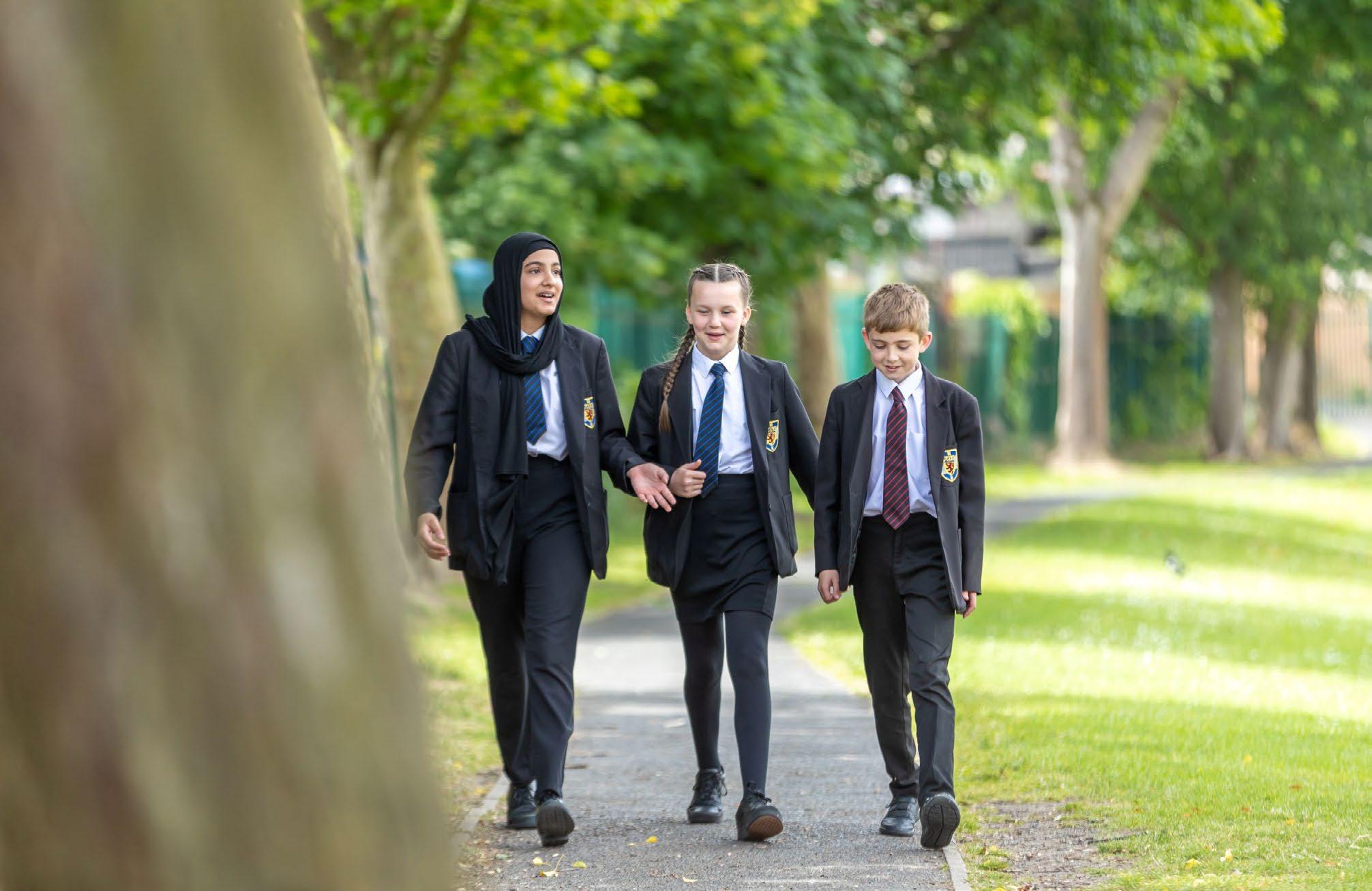

At Windsor Academy Trust, we are committed to our goal of unlocking the personal and academic potential of every student. To ensure we are successful and that no child is left behind, we use a comprehensive system of metrics to capture, analyse, and continuously improve our work.
• We aim for 100% of young people in our schools to take up these offers and experience their benefits.
That no child or group of children will be left behind or will face barriers to prevent their success.
• That every child will have the chance to maximise their personal potential.
We know from research that developing personal potential also creates success beyond school through further education and increased employability and that there is a link with improved academic success.
The following is a set of benchmarks on which we evaluate ourselves. They cover both quantitative and qualitative methods. Action plans are written where gaps or barriers are identified.
We track student engagement across all 6 components to ensure equitable opportunities and identify trends. Our goal is 100% student participation.
Our metrics are analysed across key student groups to provide a demographic breakdown to allow deeper insight into participations, successes and potential areas for focus:
• Percentage of total school population
• Participation by gender Participation by students eligible for Pupil Premium (Disadvantaged)
• Participation by students with Special Educational Needs and Disabilities (SEND)
• Participation by year group
High aspirations and character development
Student participation

Student performance and competition
Database of Dreams
% of pupils with an Aspire sentence
Student leadership
WAT Personal Potential Dashboard monitors attendance at all extracurricular events, noting students patterns of attendance
WAT Personal Potential Dashboard
Cultural capital and civic commitment and volunteering
Student leadership database analysed by WAT Personal Potential Dashboard that encapsulates the many pathways available in our schools.
Attendance at extracurricular events. Those that attend:
• Ever (once)
• Regularly 3+ times
House system in place - Y/ N
Students that have performed or competed:
• Ever (once)
• Regularly 3+ times
Secondary - students that have led: Ever (once)
• Regularly 3+ times Primary
• All Primary students will have undertaken a leadership role
% of uptake of planned trips and experiences WAT Primary Pledge
Recorded in Arbor and analysed by WAT Personal Potential Dashboard
Talent and skills
Talent database analysed by WAT Personal Potential Dashboard
• % of pupils that achieve ‘11 before 11’ WAT Secondary Pledge
% completing 4 activities
• % completing 8 activities
• % completing 12 activities
WAT Sixth Form Pledge
• % completing ‘6th form 6’
We record level of performance in 4 groups or levels:
• School / MAT
• Club
• County + Elite
Beyond the numbers, we gather qualitative data to understand the stories and experiences behind them.
Edurio Student Surveys
Student focus groups to gain deeper insights

This student survey is administered annually. To ascertain insights into unlocking potential we focus on the following questions which are analysed against national benchmarks.
Edurio Student Experience and Wellbeing Survey:
How happy are you to be studying at your school?
• How satisfied are you with the extra curricular clubs?
• Would you engage with a club if there was one you were interested in?
• How often have you felt lonely?
• How often have you felt stressed? How well do you sleep?
Edurio Safeguarding Survey:
• How easy is it for you to make friends?
• How happy are you at this school?
• How much do you enjoy learning?
• When you wake up, how rested do you feel?
• How often have you been stressed lately?
Within the Edurio platform, we can create our own bespoke surveys that enable us to gather trust-wide and school specific insights. Possible questions could include:
• What extracurricular activities are you currently involved in?
• How often do you participate in extracurricular activities during the week?
• What factors influence your decision to take part (or not take part) in extracurricular activities?
• What prevents you from participating more (if at all) in extracurricular activities?
• What would encourage you to get more involved?
• How do you usually find out about extracurricular activities? What personal skills or qualities would you most like to develop through extracurricular activities?
• Do you feel your current extracurricular options help you grow personally, beyond your academic studies?
Edurio Parent Experience Survey

Other student Questionnaires and Focus Groups
Primary Personal Potential School Overviews
• How confident are you that extracurricular activities can help you with your future goals (career, further study, personal ambitions)?
If you could design your ideal extracurricular activity or programme, what would it look like?
• What types of activities or themes would you like to see more of?
• How would you prefer to reflect on and track your personal development through extracurricular involvement?
To what extent do you feel your school values personal development alongside academic success?
• Is there anything else you’d like us to know about how we can support your personal and academic potential?
Edurio Parent Experience Survey:
• How optimistic or pessimistic do you feel about your child’s progress at school?
• How likely are you to recommend this school to other parents?
• How important is it to you that your child attends school each day? How confident are you that your child is happy at school?
• Overall, how satisfied are you with the lunchtime or afterschool clubs organised by school?
• How easy or difficult for you is it to attend school events?
• How useful to you are school social events?
To include:
• perceived benefits of extracurricular clubs
• identify and address barriers to participation.
• identify Talent and aspirations
A termly overview captures impact and pupil voice for each personal potential experience planned and delivered.
Data Management
• Our Management Information system, Arbor records data PowerBi, is our platform, that analyses data
• The WAT Personal Potential Dashboard presents the data
Our WAT Personal Potential Dashboard can be viewed here.

This combination of data and student feedback allows us to write targeted action plans where gaps and barriers are identified. This creates a virtuous cycle of delivery, measurement, and enhancement, ensuring we are always improving in our mission to unlock the potential of every child.
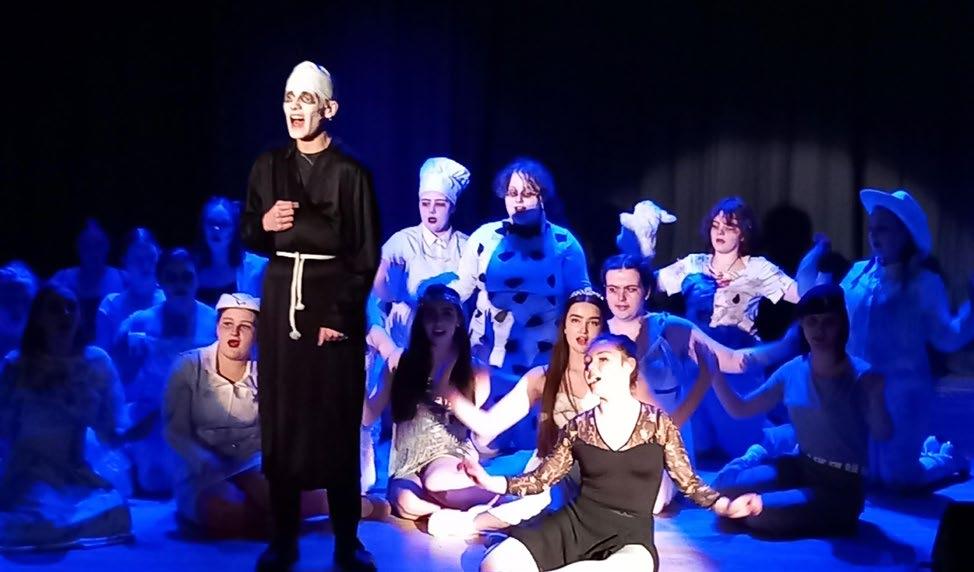
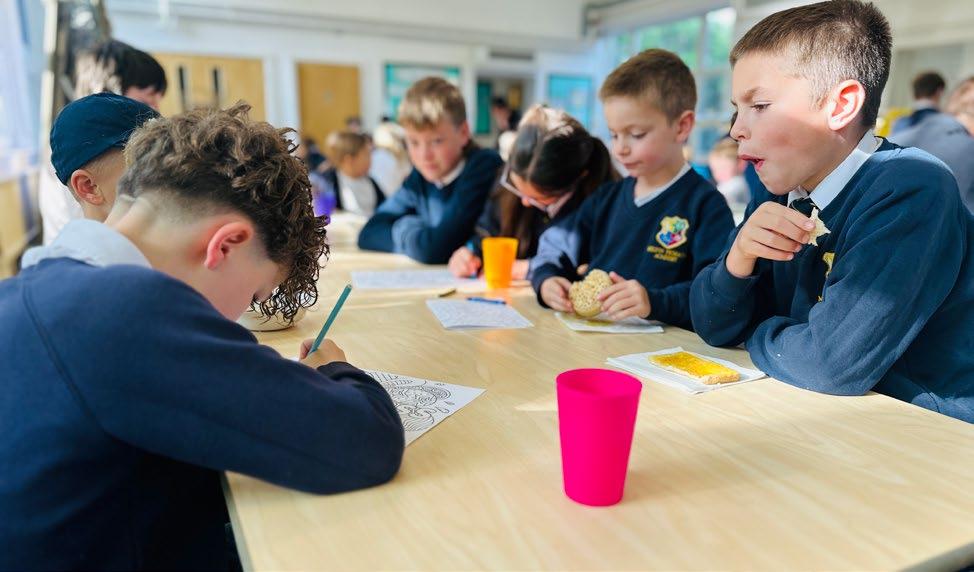

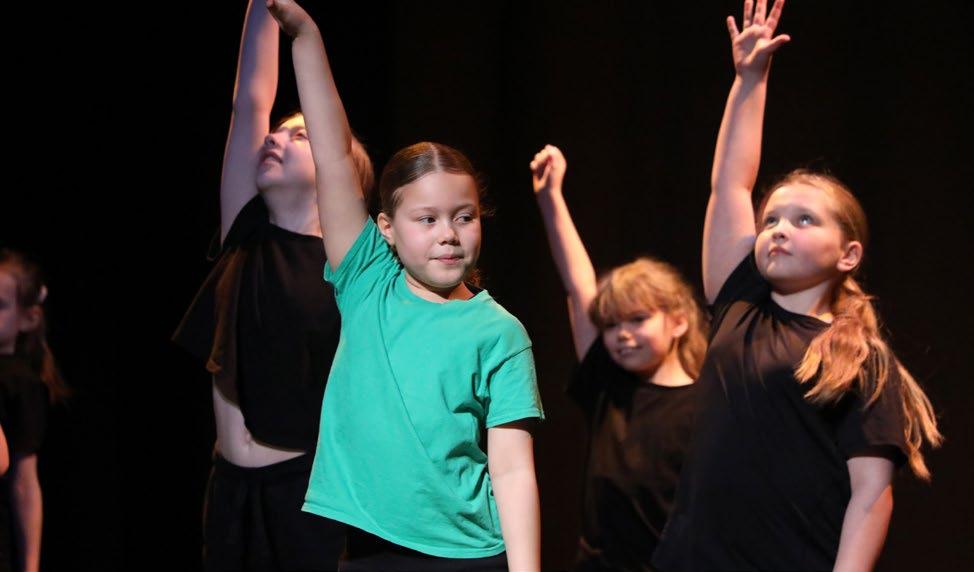
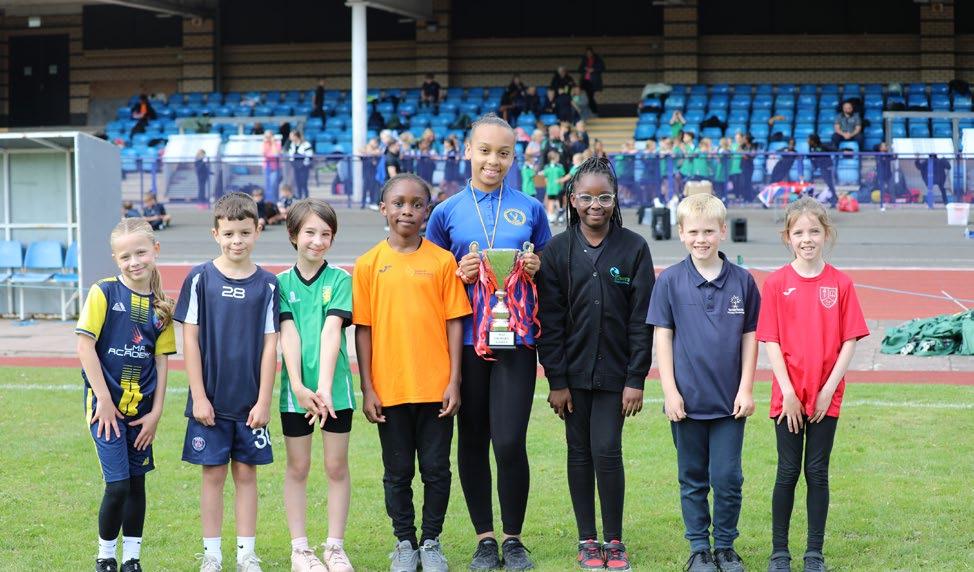
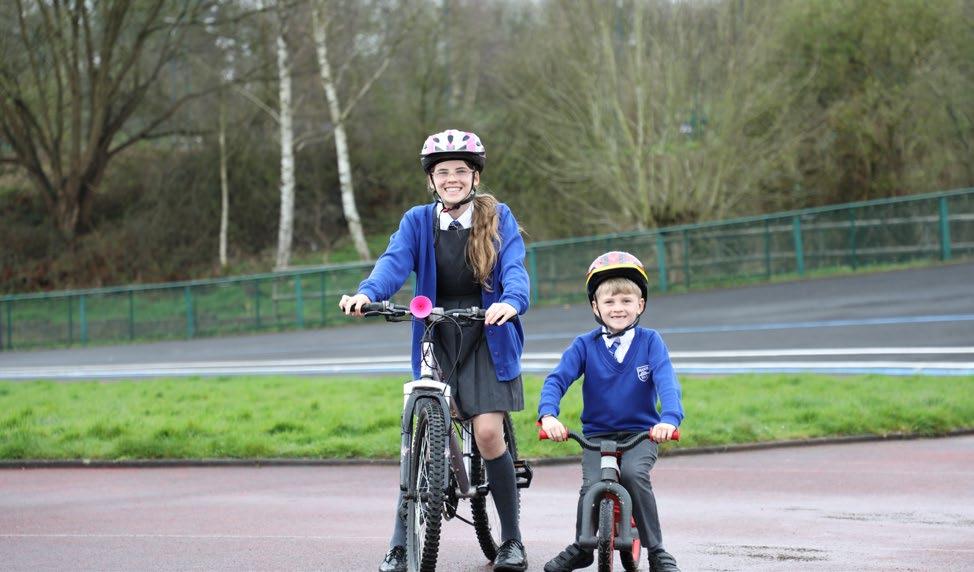

In order to produce this work our WAT research leader has utilised a variety of resources.
Bourdieu, Pierre 1977 “Cultural reproduction and social repro- duction.” Pp. 487-511 in Jerome Karabel and A. H. Halsey (eds.), Power and Ideology in Education. New York: Oxford.
Buckley, P., & Lee, P. (2021). The impact of extra-curricular activity on the student experience. Active Learning in Higher Education, 22(1), 37-48. https://doi.org/10.1177/1469787418808988
Cavanagh M (2011) Students’ experiences of active engagement through cooperative learning activities in lectures. Active Learning in Higher Education 12(1): 23–33.
Collins, Randall 1981”The micro-foundations of macro- sociology.” American Journal of Sociology 86:984-1014.
Chan Y-K (2016) Investigating the relationship among extracurricular activities, learning approach and academic outcomes: A case study. Active Learning in Higher Education 17(3): 223–233.
Clark G, Marsden R, Whyatt JD, et al. (2015) ‘It’s everything else you do …’: Alumni views on extracurricular activities and employability. Active Learning in Higher Education 16(2): 133–147.
DiMaggio, Paul. “Cultural Capital and School Success: The Impact of Status Culture Participation on the Grades of U.S. High School Students.” American Sociological Review, vol. 47, no. 2, 1982, pp. 189–201. JSTOR, https://doi.org/10.2307/2094962. Accessed 11 Dec. 2023.
Fink LD (2013) Creating Significant Learning Experiences: An Integrated Approach to Designing College Courses. San Francisco, CA: John Wiley & Sons.
A Rich Seam How New Pedagogies Find Deep Learning Michael Fullan & Maria Langworthy January 2014
Fullan M and Quinn J. (2021) Remote to Hybrid Learning A POSITION PAPER ON A PARADIGM SHIFT FOR EDUCATION Education Reimagined: The Future of Learning.
Goffman, Erving 1951 “Symbols of class status.” British Journal of Sociology 2:298-312.
Gumperz, John J. and Dell Hymes 1972Directions in Sociolinguistics. New York: Holt, Rinehart, and Winston.

Jubilee Centre - The University of Birmingham (2017). A Framework for Character Education. https://uobschool.org.uk/wp-content/uploads/2017/08/Framework-for-Character-Education-2017Jubilee-Centre.pdf
Larson RW, Hansen DM, Moneta G (2006) Differing profiles of developmental experiences across types of organized youth activities. Developmental Psychology 42(5): 849–863.
Massoni. E, (2011) Positive Effects of Extra Curricular Activities on Students.
Ofsted (2019) School inspection handbook. Available at: https://assets.publishing.service.gov. uk/government/uploads/system/uploads/attachment_data/file/814756/School_inspection_ handbook_-_S5_4_July.pdf (accessed 23 July 2019).
Osterman KF (2000) Students’ need for belonging in the school community. Review of Educational Research 70(3): 323–367.
Seow P-S, Pan G (2014) A literature review of the impact of extracurricular activities participation on students’ academic performance. Journal of Education for Business 89(7): 361–366.
Shulruf, B. Do extra-curricular activities in schools improve educational outcomes? A critical review and meta-analysis of the literature. Int Rev Educ 56, 591–612 (2010). https://doi.org/10.1007/s11159010-9180-x
Stuart M, Lido C, Morgan J, et al. (2011) The impact of engagement with extracurricular activities on the student experience and graduate outcomes for widening participation populations. Active Learning in Higher Education 12(3): 203–215.
Spielman A (2019) Amanda Spielman at the National Day Nurseries Association. Available at: www.gov.uk/government/speeches/amanda-spielman-at-the-national-day-nurseries-association (accessed 23 July 2019).
PERSONAL POTENTIAL AND ITS DEVELOPMENT IN PROCESS OF HUMAN LIFE Sokolova I.Yu., Borisova E.E. (2016)
Thompson LJ, Clark G, Walker M, et al. (2013) ‘It’s just like an extra string to your bow’: Exploring higher education students’ perceptions and experiences of extracurricular activity and employability. Active Learning in Higher Education 14(2): 135–147.
University of Cambridge (2019) What do interviews involve? Available at: https://www. undergraduate.study.cam.ac.uk/applying/interviews/what-do-interviews-involve (accessed 22 July 2019).